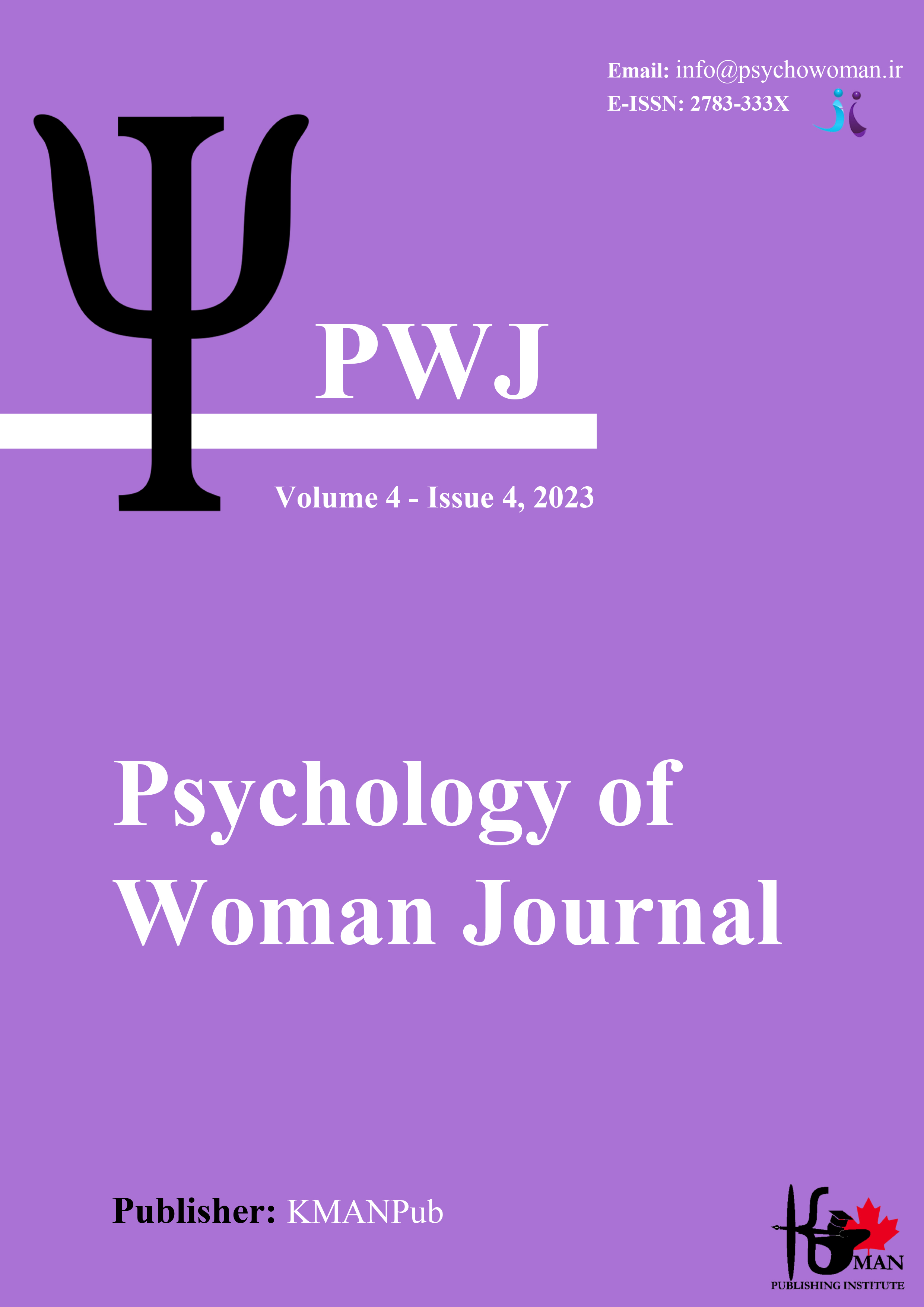Comparing the Effectiveness of Transdiagnostic Child Treatment with and Without Maternal Acceptance and Commitment Intervention on Children's Mindful Attention Indices and Mothers' Psychological Syndromes with Corona Anxiety
Abstract
Objective: The aim of the present study was to compare the effectiveness of parent-focused transdiagnostic child treatment with and without maternal acceptance and commitment intervention on mindful attention indices and psychological syndromes in mothers with corona anxiety.
Methods and Materials: This quasi-experimental research employed a pre-test-post-test design with two experimental groups and one control group, accompanied by a two-month follow-up period. The population consisted of all anxious second-grade primary school students during the second half of the year 2021-2022 in Districts 1 and 2 of Sari city, whose mothers also had corona anxiety. The transdiagnostic parent-child centered intervention combined with acceptance and commitment therapy for the parent was applied in the first experimental group, while the transdiagnostic parent-child centered intervention without acceptance and commitment therapy for the parent was applied in the second experimental group, and the control group received no intervention. Sixty participants were selected through purposive sampling and then randomly assigned into three groups (Group 1: transdiagnostic parent-child centered intervention with parent acceptance and commitment intervention (20 participants), Group 2: transdiagnostic child-centered intervention without parent acceptance and commitment intervention (20 participants), and Group 3: control group (20 participants)). Data collection for children utilized mindfulness questionnaires, and for mothers, psychological syndrome questionnaires including the Depression Anxiety Stress Scales (DASS) were used. For implementing the interventions, Ehrenreich-May et al.'s (2019) transdiagnostic intervention (12 90-minute group sessions twice a week) and Eifert et al.'s (2017) acceptance and commitment therapy (12 90-minute group sessions twice a week) were employed. Data were analyzed using repeated measures ANOVA with SPSS software, version 26.
Findings: The results of the repeated measures ANOVA for children showed that the effectiveness of the transdiagnostic child treatment combined with maternal acceptance and commitment intervention was significantly greater in terms of mindful attention indices than the transdiagnostic child treatment without maternal acceptance and commitment intervention. The results for mothers indicated no significant difference in the effectiveness of the transdiagnostic child treatment with versus without maternal acceptance and commitment intervention regarding psychological syndromes (anxiety, stress, depression, and spirituality; gratitude towards God) and COVID-19 psychological syndromes (obsessive thoughts, quality of life during the corona period, except for corona distress), although both interventions showed significant effectiveness over time.
Conclusion: Therefore, it is recommended that therapists and counselors use this treatment alongside other therapeutic interventions to improve child-parent interactions.
Downloads
Downloads
Additional Files
Published
Issue
Section
License
Copyright (c) 2023 Pezhman Barimani (Author); Fatemeh Shahabizadeh (Corresponding Author); Qasem Ahi, Maryam Safara (Author)

This work is licensed under a Creative Commons Attribution-NonCommercial 4.0 International License.










